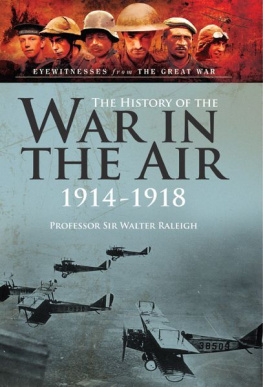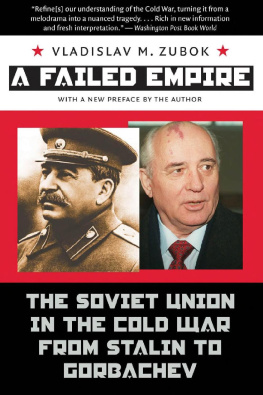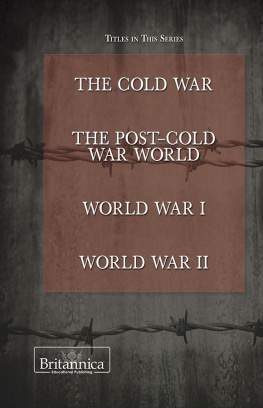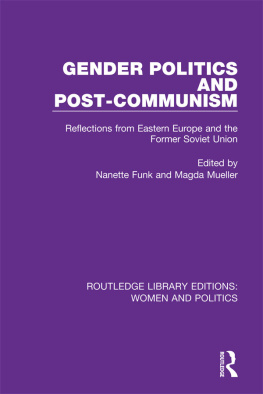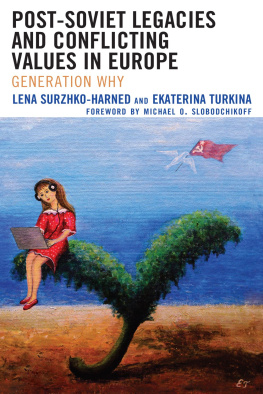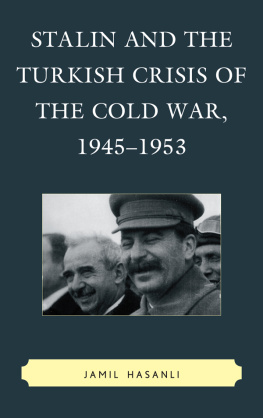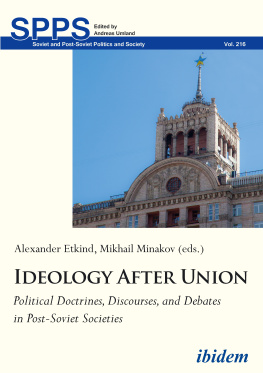Soviet Baby Boomers
Soviet Baby Boomers
An Oral History of Russias Cold War Generation
Donald J. Raleigh


Oxford University Press, Inc., publishes works that further
Oxford Universitys objective of excellence
in research, scholarship, and education.
Oxford New York
Auckland Cape Town Dar es Salaam Hong Kong Karachi
Kuala Lumpur Madrid Melbourne Mexico City Nairobi
New Delhi Shanghai Taipei Toronto
With offices in
Argentina Austria Brazil Chile Czech Republic France Greece
Guatemala Hungary Italy Japan Poland Portugal Singapore
South Korea Switzerland Thailand Turkey Ukraine Vietnam
Copyright 2012 by Oxford University Press, Inc.
Published by Oxford University Press, Inc.
198 Madison Avenue, New York, New York 10016
www.oup.com
Oxford is a registered trademark of Oxford University Press
All rights reserved. No part of this publication may be reproduced, stored in a retrieval system, or transmitted, in any form or by any means, electronic, mechanical, photocopying, recording, or otherwise, without the prior permission of Oxford University Press.
Library of Congress Cataloging-in-Publication Data
Raleigh, Donald J.
Soviet baby boomers: an oral history of Russias Cold War generation / Donald J. Raleigh.
p. cm.(Oxford oral history series)
Includes bibliographical references and index.
ISBN 978-0-19-974434-3 (hardcover: alk. paper)
1. Baby boom generationSoviet UnionHistory. 2. FamiliesSoviet UnionHistory.
3. YouthSoviet UnionHistory. 4. Soviet UnionSocial conditions19451991.
5. Cold WarSocial aspectsSoviet Union. 6. Social changeSoviet UnionHistory.
7. Moscow (Russia)Biography. 8. Saratov (Russia)Biography. 9. Oral historySoviet Union.
10. InterviewsRussia (Federation) I. Title.
HN523.5.R357 2011
305.244094709045dc22 2011007313
1 3 5 7 9 8 6 4 2
Printed in the United States of America
on acid-free paper
In loving memory of my son, Adam Sanders Raleigh, 19862008
Contents
Acknowledgments
Until recently, my office on the fourth floor of Hamilton Hall at the University of North Carolina (UNC), Chapel Hill, was the only one along the corridor not occupied by someone affiliated with Carolinas distinguished Southern Oral History Program (SOHP). I must have walked past promotional posters and announcements about SOHP activities thousands of times over the preceding decade during which I researched and wrote a book on the Russian Civil War in Saratov province, a project for which I spent each summer sifting through voluminous archival collections in the Volga city. By the time I had finished the difficult-to-research monograph, I was itching to tackle something altogether new for me but also felt an intense attachment to Saratov. One day the inspiration came: why dont I write an oral history? Back then, I could count on one hand the number of books in Russian history based on this methodology. But I had never read a work of oral history. Besides, what would I write about? I answered my own question while attending the graduation from Knox Collegemy alma materof magna cum laude graduate Anna Obraztsova, whose parents and Moscow family I have known since 1976. Over the years Annas mother, my dear friend Lyuba, shared stories of attending Moscows prestigious magnet School No. 20, which offered intensive instruction in English, and of her friends, now scattered throughout the world. After picking up Lyuba in Chicago, we drove to Galesburg, Illinois, for Annas 2001 graduation. At some point that weekend I baffled Lyuba, Lyub, why dont I write my next book about your graduating class? When I realized that a comparable school had existed in Saratov, I knew I had a topic, and one that appealed to me at that. Theres a story behind the making of each book, and this is mine.
Although I shoulder sole responsibility for this studys shortcomings, it, more than most books, represents a team effort. I therefore am pleased to acknowledge the many people and institutions that, in so many ways, have supported, financed, or otherwise facilitated the researching and writing of this book since its inception. Above all, I wish to express my profound gratitude to the sixty individuals who took time to share their life stories with me. They also extended to me respect, hospitality, and sometimes their homes, family photos, and even friendship. I owe a special thanks to several 1967 graduates of School No. 20: to Lyubov Obraztsova (Raitman), Tatyana Koukharskaia (Arzhanova), Yelena Kolosova, Yelena Proskuryakova (Zharovova), Yevgeniya Kreizerova (Ruditskaya), Vyacheslav Starik, Andrei Rogatnev, and Leonard (Leonid) Terlitsky. In Saratov, Nikolai Kirsanov helped me establish contact with many of his classmates, some of whom also went beyond the call of duty to assist me, especially Arkady Darchenko, Natalya P., and Aleksandr Virich. A class in his own in this regard, Aleksandr Konstantinov has served as an invaluable resource from the start. The project benefited as well by my interviewing two former teachers at each school: the late Nina Ivanovna Timonina and Roman Arkadyevich Kaplan, who taught at School No. 20, and Klara Eduardovna Starshova and Igor Andreyevich Molchanov, who taught at School No. 42. Principal at the time I began the project, Igor Andreyevich helped me locate members of the class of 1967 and several teachers.
I am also indebted to Russian colleagues and friends in both Moscow and Saratov. In Moscow, Oleg Kling and his wife Katya Orlova and children Dasha, Masha, and Vanya have made me family, as has Lyuba Obraztsova, her mother Liliya Aleksandrovna, and ex-husband Petya Obraztsov. I am also thankful for the support and hospitality I have received from Larisa Zakharova, and Feliks Burdzhalov and his wife Rita Orlova. In Saratov, Nina Devyataikina not only helped me jumpstart the project but also cheerfully aided me in innumerable ways. I likewise thank other colleagues in the History Department at Saratov University, in particular Velikhan Mirzekhanov, Anatoly Avrus, Mikhail Kovalyov, and Denis Belousov. Yelena Yarskaya-Smirnova and Pavel Romanov at Saratov Technical University contributed to this project as well by sharing their experience practicing oral history. Josif Gorfinkel and his wife Lyudmila Aleksandrovna served as my local arrangements, recreational, and emergency committees, kindly helping me at every step of the way. Viktor Semyonov extended friendship and his knowledge of old Saratov.
This book was made possible by the generous support of UNCs University Research Council, the Spray-Randleigh Fellowship program, a Chapman Fellowship from the Institute for the Arts and Humanities during the spring 2004 semester, and funds available to me as holder of the Jay Richard Judson Professorship. These monies funded research trips and transcription of the tapes by two conscientious and efficient assistants to whom I owe a great debt, Katya Karelina, who set the bar high, and then by Olga Kotik, who, in transcribing the bulk of the interviews, maintained Katyas standards. A John Simon Guggenheim Fellowship during the 20056 academic year allowed me to work through the 3,500+ pages of transcribed interviews and to draft the first three chapters of the book.
My study has benefited immeasurably from the insights and rigorous reading that my peerless colleague and friend, Louise McReynolds gave it. Emily Baran also pored over the manuscripttwicewith razor sharp eyes. Kim Gaetz and George Gerolimatos good naturedly read the manuscript at various stages, reporting on it to my graduate reading colloquia on Soviet history. Gary Guadagnolo reviewed the penultimate draft, catching some glitches and inconsistencies in usage. Marko Dumani commented intelligently on early chapters of the book. I have also gained from discussing the study with Chad Bryant, Jacqueline Hall, James Leloudis, Beth Millwood, William R. Ferris, Robert Jenkins, Yasmin Saikia, Jehanne Gheith, Alexander Rabinowitch, Ronald G. Suny, Diane Koenker, Rsa Magnsdttir, Sharon Kowalsky, and the outstanding graduate students at UNC with whom I have had been privileged to work.
Next page

